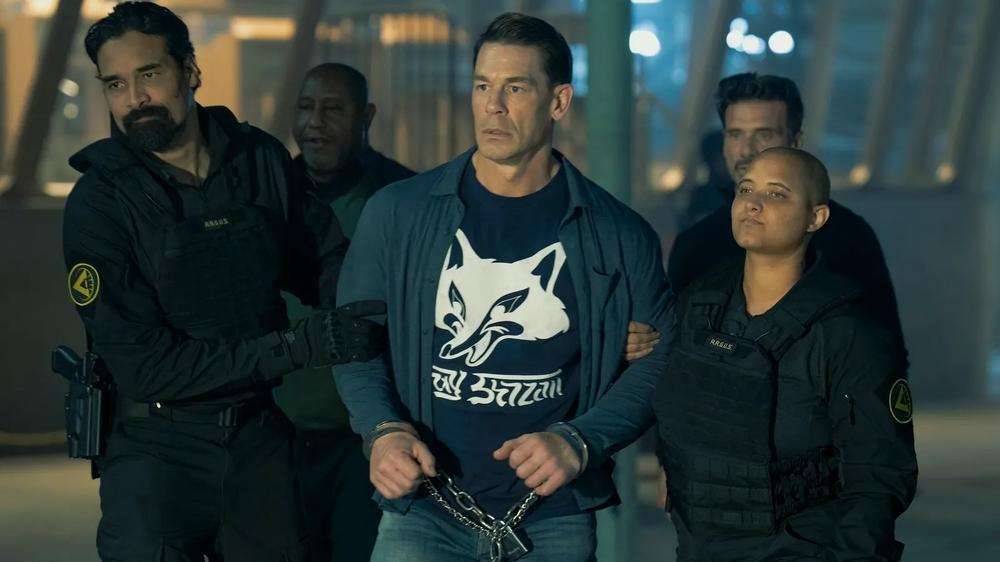OpenAI will finally stop saving most ChatGPT users' deleted and temporary chats after a court fight compelled the AI firm to retain the logs "indefinitely."
The preservation order came in a lawsuit filed by The New York Times and other news plaintiffs, who alleged that user attempts to skirt paywalls with ChatGPT would most likely set their chats as temporary or delete the logs.
OpenAI vowed to fight the order, defending its policies and users' privacy, but it lost. By July, news plaintiffs started digging through the logs—which only preserved ChatGPT's outputs—while a few ChatGPT users' efforts to intervene were consistently denied, as they were deemed non-parties to the lawsuit.
In an order on Thursday, US Magistrate Judge Ona Wang approved a joint motion from news organizations and OpenAI to terminate the preservation order, although some ChatGPT users' deleted and temporary chats will still be monitored.
Under the agreement, OpenAI was allowed to stop the controversial practice of preserving "all output log data that would otherwise be deleted" on September 26.
Moving forward, all of the deleted and temporary chats that were previously saved under the preservation order will continue to be accessible to news plaintiffs, who are looking for examples of outputs infringing their articles or attributing misinformation to their publications.
Additionally, OpenAI will continue monitoring certain ChatGPT accounts, saving deleted and temporary chats of any users whose domains have been flagged by news organizations since they began searching through the data. If news plaintiffs flag additional domains during future meetings with OpenAI, more accounts could be roped in.
Ars could not immediately reach OpenAI or the Times' legal team for comment.
The dispute with news plaintiffs continues to heat up beyond the battle over user logs, most recently with co-defendant Microsoft pushing to keep its AI companion Copilot out of the litigation.
The stakes remain high for both sides. News organizations have alleged that ChatGPT and other allegedly copyright-infringing tools threaten to replace them in their market while potentially damaging their reputations by attributing false information to them.
OpenAI may be increasingly pressured to settle the lawsuit, and not by news organizations but by insurance companies that won't provide comprehensive coverage for their AI products with multiple potentially multibillion-dollar lawsuits pending.

 Fastweb risponde ai condomini a cui sta spegnendo la fibra: "Ci sono FTTC e FWA 5G"
Fastweb risponde ai condomini a cui sta spegnendo la fibra: "Ci sono FTTC e FWA 5G"